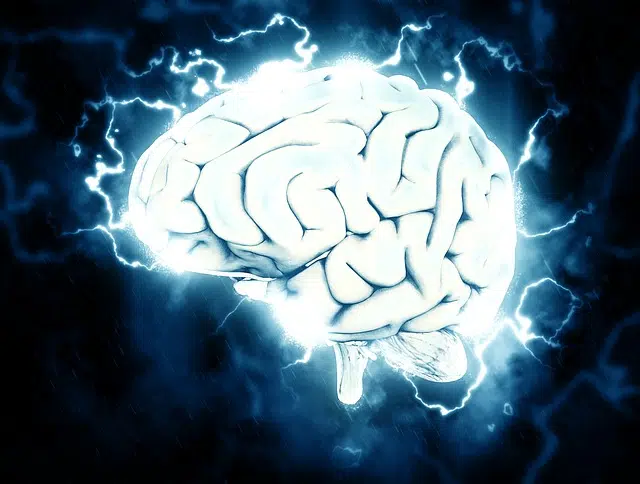
Knowledge develops from the accumulation of information.
Know is a verb whose etymological origin refers to the Latin sapĕre . The action refers to notifying or acquiring knowledge of something .
For example: “I would like to know what happened to the cake that I had left on the table and now it is not there…” , “When I found out that the Rolling Stones would perform in my city, I started saving money to buy the ticket and attend the concert.” ” , “Do you still not know where Mariano is? "I'm going to call his mother to see what she tells me."
Know how noun
The concept is also often used as a synonym for knowledge or wisdom . In this case, knowledge is a noun : “In the course I acquired the knowledge necessary to work as a plumber,” “The scientist showed off his knowledge about quantum physics in the dissertation he gave last night,” “I suggest you continue reading and studying: “Knowledge takes no place.”
Knowledge, in this sense, is made up of the information that a person acquires, processes and assimilates through study or experience . Knowledge is essential for the development of any activity.
Examples of knowledge acquisition
Suppose a student must write a monograph on Jorge Luis Borges . To be able to carry out this task , you must research the Argentine writer. This way you will access information about his biography, his books, etc. The knowledge acquired during the research will finally allow you to write the monograph in question. This knowledge, on the other hand, will be “stored” in the student's memory and will form part of their intellectual or cultural background.
A man who has been growing carrots for four years, on the other hand, will have a certain amount of knowledge from his experience in the previous years. This knowledge will allow you to progressively perfect your method according to previous results.

There are different procedures and methods that make the acquisition of knowledge possible.
philosophical knowledge
The reflection on life, the world, the human being and knowledge itself is known as philosophical knowledge (or philosophy ). Let's see below some of its fundamental characteristics:
* is integrative : the etymology of the term philosophy shows us that it is composed of the terms "love" and "wisdom", which is why it is a knowledge that aspires to know everything, or a desire to know. The reason why philosophy is not defined as a type of knowledge but as knowledge lies precisely in the fact that it is not limited to "knowing", understood as "explaining", nor to "understanding" what exists, what can be seen. around it (something that sciences do intend), but it must point to what we have not yet seen , to our objectives with respect to human life ;
* is rational : in addition to seeking to give meaning to the totality of people's experiences, philosophy is a knowledge that arises as a result of using reason . In other words, it is not considered a series of knowledge that we have received from a deity or a quality exclusive to some human beings, but rather we can all access it as long as we are willing to think for ourselves and argue (in other words). words, to reason);
* is radical and ultimate : the fact that philosophy is a knowledge of the totality does not mean that it analyzes all experiences individually to find their meaning , since this would be impracticable and would not provide a global vision of human experiences, objective which is only possible to achieve by finding the beginning of said totality, the ultimate foundation of reality . In other words, philosophy focuses on the origin of problems in order to find an explanation through a reconstruction that begins at their roots. When there are no ultimate principles, philosophy either justifies itself or denies itself.
